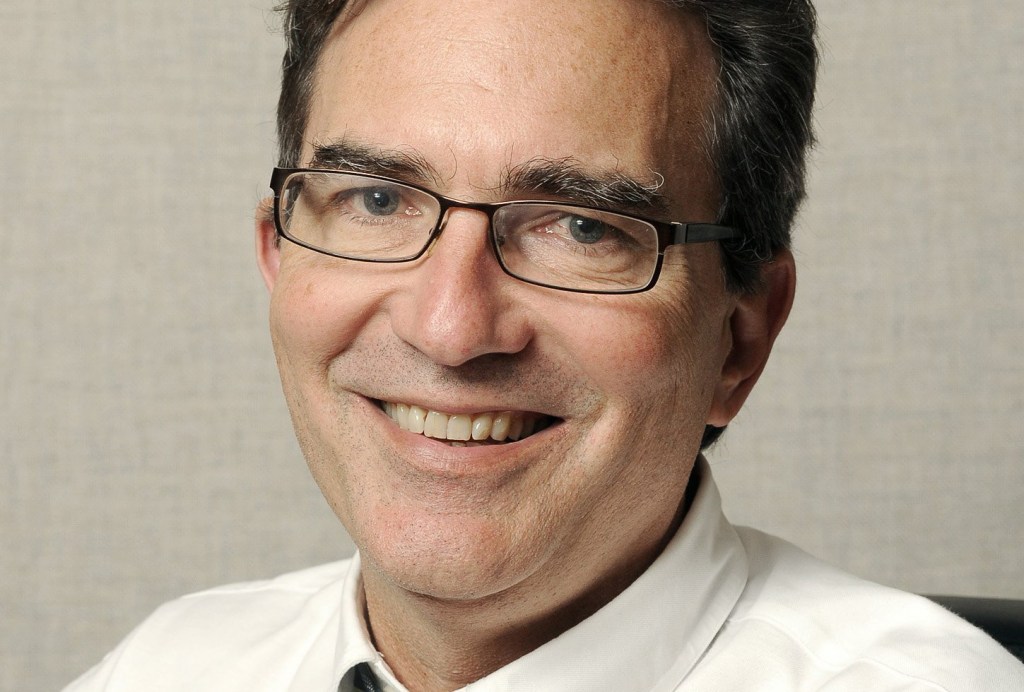What is it when you say something that’s not true?
What if you really believed it when you said it? What if it may not technically be true, but speaks to a deeper emotional truth?
What if you are the governor of a state?
These are the questions I have to ask myself, a week after Gov. LePage’s fifth State of the State address. The fairly low-key affair was mostly devoted to LePage’s sweeping tax reform and budget proposals. The governor is riding high after his impressive re-election win. His supporters are energized, his opponents are demoralized and he acts like he has a pocket full of political capital that he aims to spend.
So, in the middle of this economic policy speech, he leaves the prepared text and says this:
“Am I compassionate about illegal aliens? Yes, I am. … But this is the problem with some of the illegals that are here today. When a refugee comes here from a foreign country, they get a medical assessment and we know their health. But when they are here illegally, they don’t get medical assessments. And one thing that we don’t want to see is the uptick in hepatitis C, HIV and tuberculosis, but it is here. We are dealing with it. And it is very costly. So, if nothing else, they should be getting a medical assessment when they get here. And I believe that my responsibility as your governor is, No. 1, to Maine residents first and to everyone else second.”
And then members of the Legislature clapped. For what? Not the truth.
The governor’s own Maine Center for Disease Control and Prevention reports that acute cases of hepatitis C jumped in 2011 and fell over the next two years. In 2014, there was another jump, to 30 cases. Not 30 percent or 30 out of 100,000, but 30 in the whole state.
The biggest risk is faced by intravenous drug users who share needles, the U.S. CDC reports. Being born in another country is not a risk factor.
HIV/AIDS is a terrifying disease. Maine is lucky that it has a low rate of infection, about one-third the national average. It’s also a blood-borne disease that isn’t communicated through casual contact. At the greatest risk are men who have had sex with other men. People who inject drugs are also at risk. Immigration does not make the CDC’s list.
Tuberculosis is very, very rare in Maine. There were 15 active cases in 2013, down from 17 in 2012. Maine has averaged nine cases a year since 2008, with a rate of 1.1 per 100,000 in population, also about a third of the national average. People from other countries are more likely than native-born Americans to be infected, usually with a latent form of the disease that is not contagious. But if tuberculosis were spreading from immigrants to the broader community, the number of cases would climb as immigration increases, and they have not.
Increased incidences of these three diseases is a cause of concern, but pose a tiny, tiny problem for most Mainers. A more pressing public health concern is measles, because Maine has one of the lowest vaccination rates in a country that’s in the middle of an outbreak.
But the governor did not take time in his speech to encourage all Maine parents to vaccinate their children. He only offered the vague warning about “illegal aliens” coming to the state with deadly diseases.
This brings up ugly memories from the recently completed campaign. Gov. LePage ran on his record as an economic conservative and on his reputation as a rough-around-the-edges guy willing to tell the hard truths.
But during the campaign, he also was willing to whip up fear of immigrants in a state that has very few of them. A memorable LePage ad made by the Republican Governors Association showed images of a man’s feet walking across a desert, and shadowy men lurking in a dark, wet place while a voice talked about “welfare for illegal immigrants.”
It was an ugly ad that fed a false fear: The dispute in Maine over General Assistance for new immigrants was not over deportable people who crossed the border illegally, but over giving short-term help to asylum seekers who are here legally, waiting for a court date and not allowed to work.
The governor’s State of the State speech was marred by an ugly suggestion that these people, who are escaping persecution in their home countries, are a threat to the rest of us.
Nativist politicians have always tried to play on the fear of newcomers. This kind of rhetoric comes in handy for anyone looking for an excuse to hold on to a prejudice that feels true. But it’s not true, and the governor should know better.
The campaign is over. The next time Gov. LePage speaks on this subject, he should check his facts and tell the truth.
Send questions/comments to the editors.




Comments are no longer available on this story